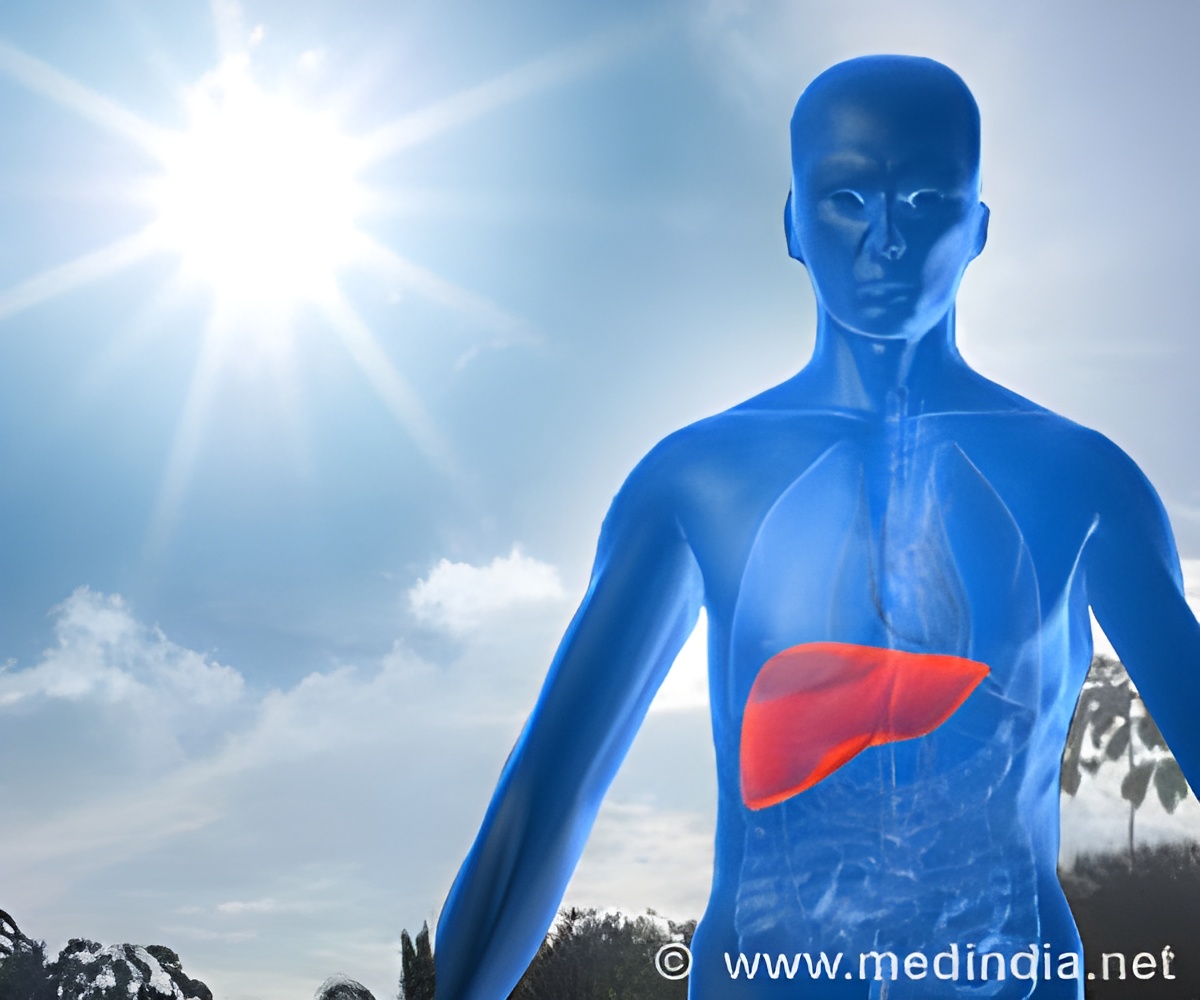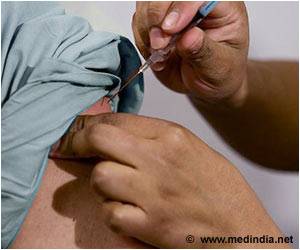India alone has 40 million people living with chronic hepatitis B infection. Sixty percent of the people living with HIV are co-infected with hepatitis.

"Each one of these numbers carry a potential story of suffering, pain, lost livelihoods, missed opportunities, social, psychological and economic costs," said Poonam Khetrapal Singh, WHO Regional Director for South-East Asia.
The situation is alarming within the region with around 100 million people living with chronic hepatitis B infection and another 30 million with chronic hepatitis C. India alone has 40 million people living with chronic hepatitis B infection. Sixty percent of the people living with HIV are co-infected with hepatitis.
"These infections, diseases, deaths and associated hardships for individuals, families, societies and economies can and must be prevented," she added. "Governments need to ensure adequate and equitable access to hepatitis prevention and control measures," she said.
"However, the responsibility also lies with individuals. Nearly 65 percent of the people living with chronic hepatitis B and 75 percent of those with chronic hepatitis C are unaware that they are infected. We are living with this risk and unless we act now, it can be catastrophic," she noted.
Health promotion initiatives need to be strengthened and people should be made aware of the how they risk getting hepatitis and what they need to do protect themselves and their families from the hepatitis viruses.
Advertisement
Pointing out that this year's theme for World Hepatitis Day on July 28 is "Prevent hepatitis. Act now", Singh said: "The global focus this year will be on preventing hepatitis B and C. With effective vaccine and treatment, as well as a better understanding of how we can prevent hepatitis, we can aim to eliminate these diseases and save lives," Poonam Khetrapal Singh said.
Advertisement










